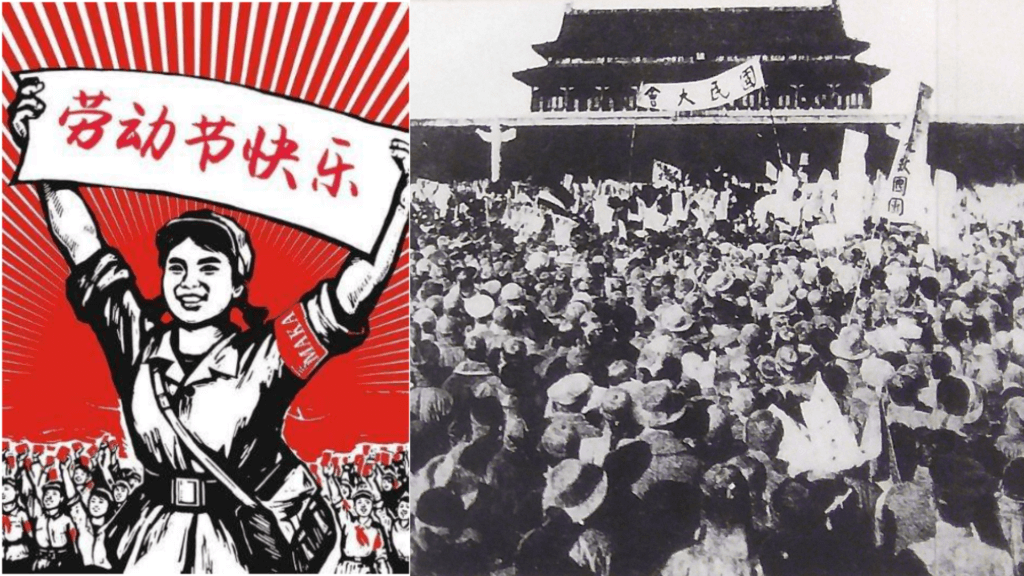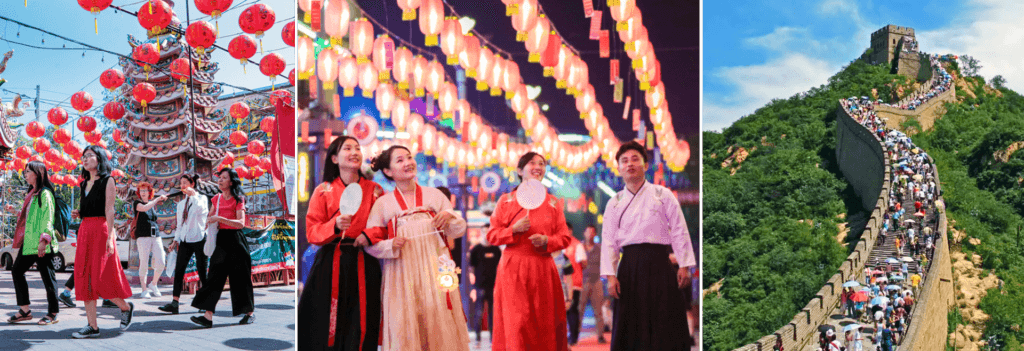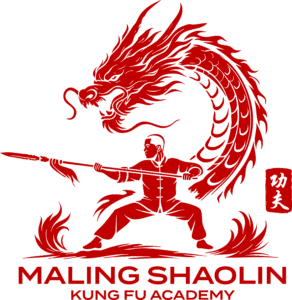Honoring Workers’ Contributions and Advocating for Rights

In China, May 1st marks a special day on the calendar – Chinese Labor Day, also known as International Workers’ Day or May Day. It’s a time to honor the invaluable contributions of workers to society and to advocate for their rights. From its historical roots in the international labor movement to its modern-day celebrations and significance, Chinese Labor Day holds deep meaning for millions across the country.
Labor Day

Historical Background
The origins of Chinese Labor Day trace back to the international labor movement of the late 19th century. Inspired by the historic struggle for an eight-hour workday, International Workers’ Day was established to honor the sacrifices and achievements of workers worldwide. In China, the holiday gained prominence in the early 20th century and was officially recognized after the founding of the People’s Republic of China in 1949.
Celebration and Observance
Chinese Labor Day is observed with various activities and events throughout the country. Many workers enjoy a well-deserved day off, spending time with family and friends or participating in community celebrations. Government organizations, trade unions, and labor groups often organize rallies, marches, and cultural performances to commemorate the holiday and advocate for workers’ rights.
Golden Week

Travel and Tourism
Chinese Labor Day also marks the beginning of the “Golden Week” holiday, a prime time for travel and tourism. Millions of people take advantage of the extended holiday to explore domestic and international destinations, leading to bustling transportation hubs and crowded tourist attractions. Popular tourist destinations within China, such as Beijing, Shanghai, Xi’an, Guilin, and Chengdu, experience a surge in visitors during the holiday period. The Great Wall, the Forbidden City, the Terracotta Army, and other iconic landmarks are particularly crowded with tourists during May Golden Week. In addition to domestic travel, some Chinese tourists also choose to travel internationally during Golden Week, with destinations such as Japan, Thailand, South Korea, and Europe being popular choices. Retailers, hotels, and restaurants often offer promotions and discounts to attract travelers during this peak period.
Duration
Golden Week actually refers to two week-long national holidays in China: one in the spring and one in the autumn. The primary Golden Week holiday in the spring is the May Day holiday, also known as Chinese Labor Day, which occurs from May 1st to May 7th. While May 1st is the official public holiday for Chinese Labor Day, additional days before or after May 1st may be designated as official holidays by the Chinese government to create a longer break for workers, resulting in a week-long vacation period.
Economic Significance
From an economic perspective, Chinese Labor Day and the Golden Week holiday play a significant role in driving domestic tourism, retail sales, and consumer spending. The influx of travelers stimulates economic activity across various sectors, contributing to the vitality of the economy and supporting businesses large and small.
Symbolism and Ideology
Beyond its economic impact, Chinese Labor Day carries symbolic significance as a testament to the achievements of the working class and the ongoing struggle for social justice and equality. It reflects China’s commitment to upholding workers’ rights, promoting social welfare, and fostering a harmonious society based on principles of fairness, solidarity, and progress.
Conclusion
As we celebrate Chinese Labor Day, let us take a moment to honor the hard work and dedication of workers across China and around the world. From the factories and farms to the offices and streets, their contributions enrich our lives and shape the future of our society. May this day serve as a reminder of the importance of unity, advocacy, and solidarity in building a more just and equitable world for all. Happy Chinese Labor Day!





